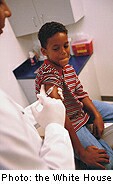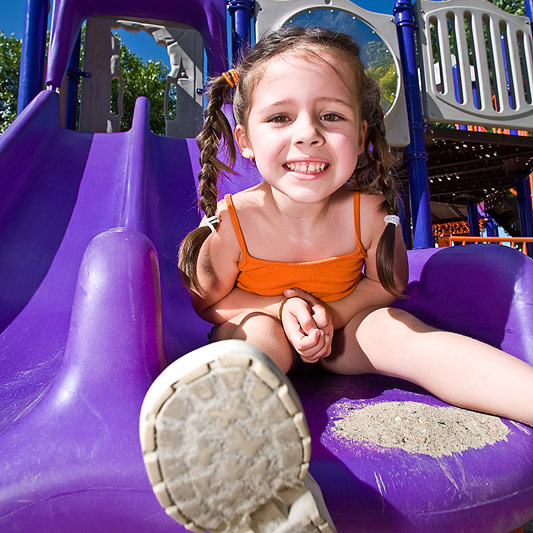
FRIDAY, Feb. 12 (HealthDay News) — One more study finds that the measles vaccine — given alone or as part of the measles, mumps and rubella (MMR) vaccine — does not increase the risk of autism in children.
The new findings come about a week after The Lancet retracted a 1998 study suggesting that the MMR vaccine contributes to autism risk. At the time, the Lancet study alarmed many parents and led to major declines in measles and MMR vaccination rates in some places.
In the new study, Polish researchers compared 96 children with autism with 192 children who did not have the disorder, looking for any relationship between measles vaccination and autism.
They found no evidence that children who were vaccinated for measles vaccine — either in a separate shot or as part of the MMR vaccination — were more likely to develop autism. The researchers said they reached their conclusion after adjusting for autism risk factors, including mother’s age and education, length of gestation, medications during pregnancy and the child’s condition after birth.
In fact, vaccinated children were found to be less likely to develop autism, especially those who’d gotten the MMR vaccine, though that finding could be due to other unmeasured factors affecting the children’s health, according to the researchers.
“For example, health-care workers or parents may have noticed signs of developmental delay before the actual autism diagnosis and, for this reason, have avoided vaccination,” wrote the team, led by Dorota Mrozek-Budzyn, of Jagiellonian University Medical College, in Krakow.
The study appears online and will be published in the May print issue of the Pediatric Infectious Disease Journal.
More information
The American Academy of Pediatrics has more about autism and vaccine safety.

